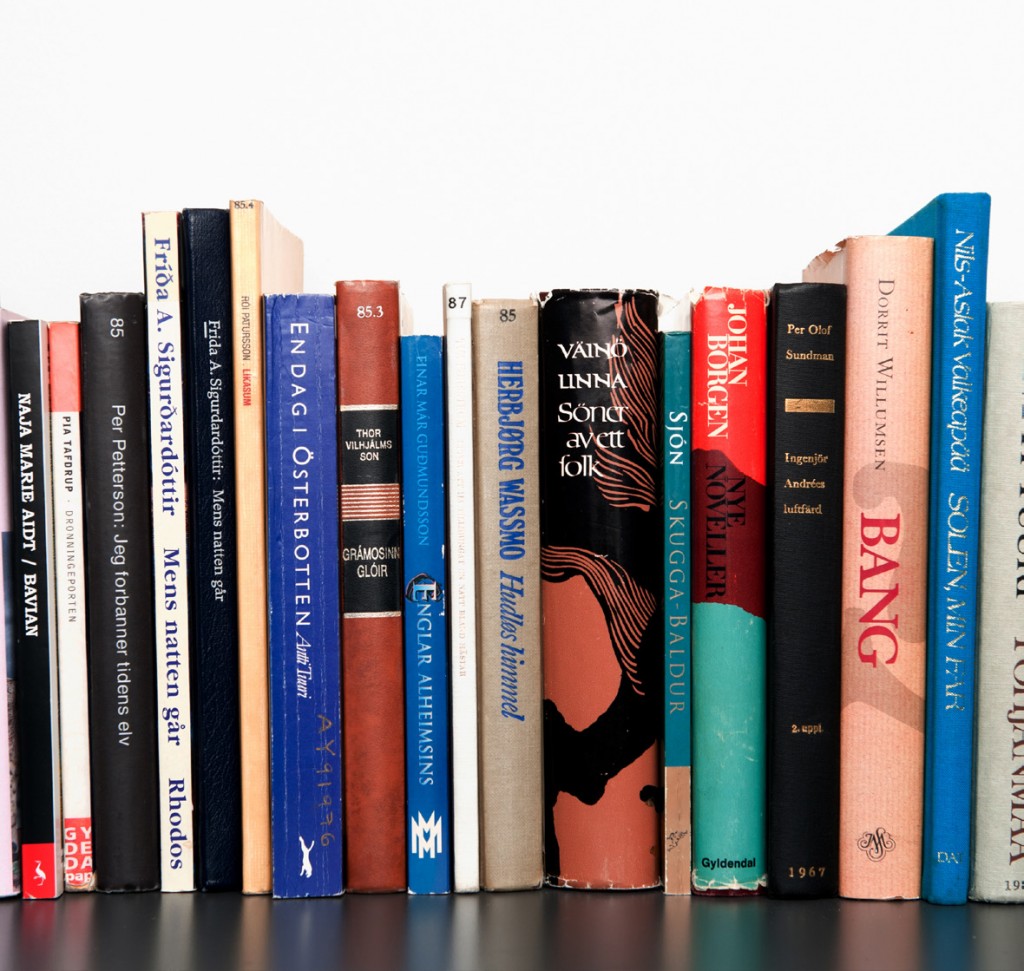By Kodie Cherrille (The Cascade) – Email

The man who runs the UFV Bookstore admits that textbook prices are “horrific” for students — but to stay afloat, the bookstore still has to charge enough to make a profit.
With the Canadian dollar hitting an 11-year-low, the high U.S. exchange rate has UFV students paying more for American textbooks. According to UFV’s ancillary services director Cameron Roy, about 65 to 70 per cent of course textbooks are imported from south of the border, and with a 30 to 35 per cent premium added to the cost, the change is drastic.
“Unfortunately, I have to pass along that cost to the customer. That’s the cost of living in Canada right now,” Roy says.
That cost of living might convince more students to quit buying textbooks at the Bookstore altogether, and to turn to the internet. For the newest edition of Passer and Smith’s Psychology: Frontiers and Applications — a textbook used in a PSYCH 101 course at UFV — students have to shell out $147.95 at the bookstore, or $99 for the eBook.
On top of the premium for the U.S.-printed textbook, a 25 per cent margin is added to the books sold at UFV’s Bookstore to cover operating costs and staff wages.
Amazon offers the same book for about $110. One user on Books 2 Go is offering it for $100. Prices are cheaper for students willing to buy earlier editions. Students also buy and sell on the Facebook group UFV Textbook Exchange, which has over 900 members.
And it does look like more students are buying their textbooks elsewhere.
“Our peak in revenue was probably in 2010,” Roy says. “And it’s declined over the past couple years about 20 per cent.”
He explains that because revenue from ancillary services like the Bookstore goes into UFV’s annual operating budget, the question of where students get their textbooks from directly affects how much income the university sees. “Any profit made from the Bookstore goes directly into the institution. It relies on revenue from the Bookstore,” he says.
Less revenue also means less giving back to students.
“I routinely get asked for donations and sponsorships, and I feel really proud to be able to contribute to such requests… but they’re not my resources that I’m distributing. I have a responsibility to manage our revenue and our assets.”
“It all depends on how many textbooks we sell, and there’s all kinds of competition,” he added. “But we can’t compete with Amazon [with] their volume and their marketing strategy.”
Where the UFV Bookstore can compete, however, is in its convenience. Students can find the books they need, buy them, and get right to reading. And Roy believes that there’s a place for the Bookstore, even if technological development severely guts book sales. The store also sells school supplies, UFV swag, and — more recently — coffee. Roy is optimistic that the store can adapt to the times, “though it might mean a change in the Bookstore’s name.”


